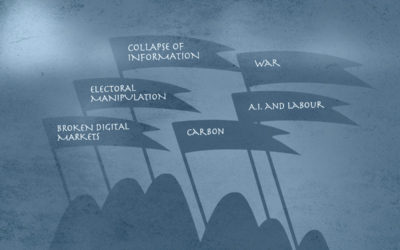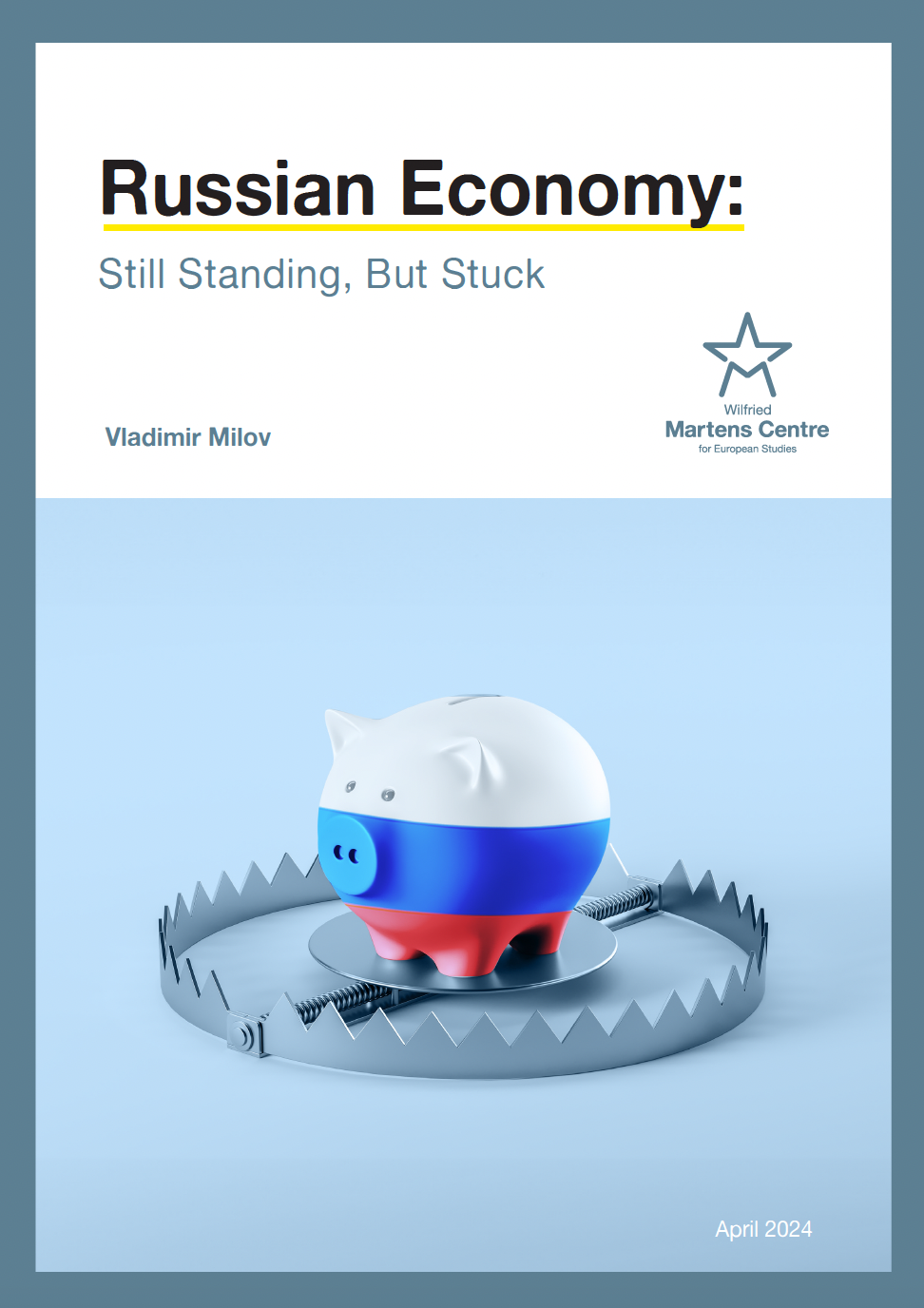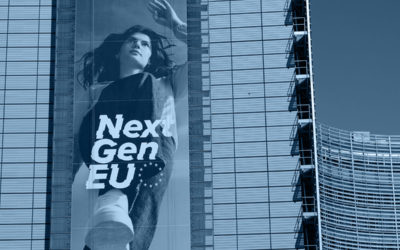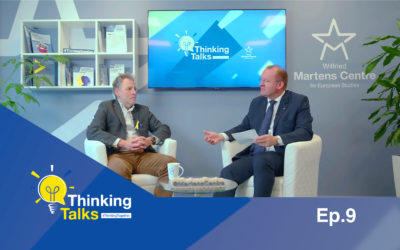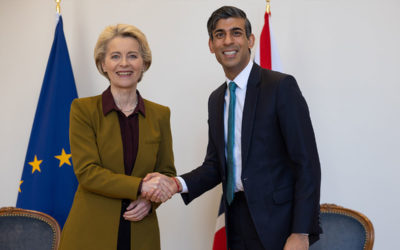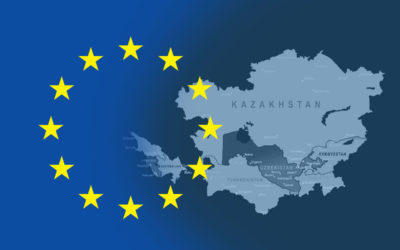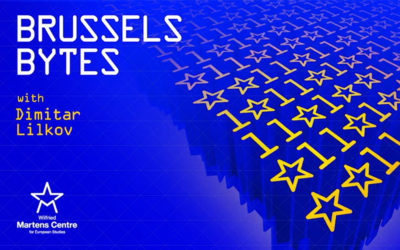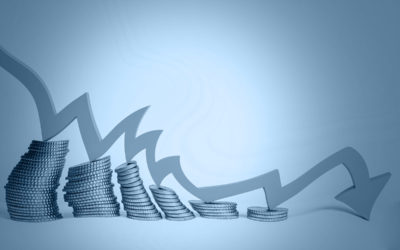Europe, get ready for the Makers Revolution!
25 May 2016
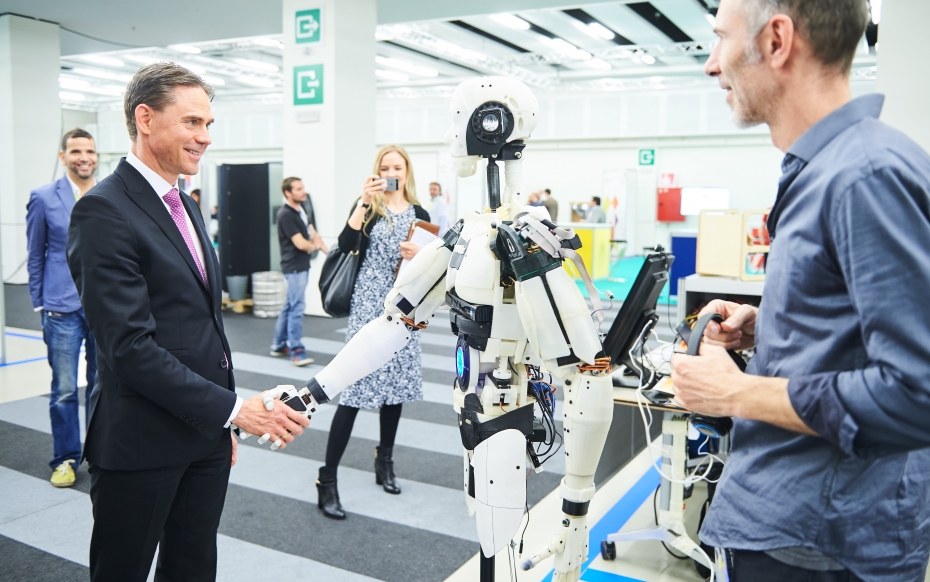
“Pleased to make your acquaintance,” European Commission Vice President Jyrki Katainen meets 3D-printed life-sized robot InMoov at Makerstown.
Held on 24 May 2016 at the Square Meeting Centre, Makerstown was the first event of its kind in Brussels. It brought to the European capital 50 young and innovative Makers — a new generation of entrepreneurs and DIY experts empowered by Web 3.0 tools, technology and crowdfunding. From 3D printing to robotics, wearable technology to new ICT and food to fashion, the Makers selected from all over Europe might just be tomorrow’s Robert Bosch, Enzo Ferrari or Arthur Guinness.
Part fair, part conference, Makerstown was organised by the Wilfried Martens Centre for European Studies, the official think tank of the European People’s Party, and by Think Young, the first think tank to lobby for young people.
Speakers included Jyrki Katainen, vice president of the European Commission responsible for Jobs, Growth, Investment and Competitiveness; and Carlos Moedas, European Commissioner responsible for Research, Science and Innovation, as well as members of the European Parliament and business leaders. Industry 4.0, public and private finance for entrepreneurs, women’s entrepreneurship, start-ups and scale-ups were the order of the day.
Makerstown takeaways:
1. Ideas are assets. Makers are leading the way
Twenty years ago, our biggest challenge was digitalising information. Now we are entering a new era in which the digital world is affecting and transforming the physical world in unpredictable ways. It is the age of the fourth industrial revolution and of the peer-to-peer economy. In this age, innovative Makers at the cutting-edge of the technological frontier are our best hope to revive our ailing economies.
Start-ups in Europe represent only 5 percent of firms, but they already account for a disproportionately high percentage of job creation. This is destined to rise due to the increasing interpenetration between digital and physical world. We must be ready to exploit this opportunity.
2. The three Fs of funding: Friends, family and fools
For innovative start-ups launched by visionary Makers, financing is often the main initial hurdle. In the early stages, often only friends, family and fools will be bold enough to believe in a new idea. In some contexts, public money can partly remedy this shortcoming, and innovative financial instruments have been developed by the European Commission and the European Investment Bank in the last few years.
Such versatile instruments are often not well known by makers and it is important to raise their awareness on this topic. However, public money should be used with great caution, as it can backfire and discourage the investment of private money.
Europe’s real problem today does not seem to be the availability of finance – markets are actually flooded with liquidity – but the lack of an adequate ecosystem. In the U.S., public money is much more limited than in Europe, and yet Silicon Valley is in California, not in Germany or France.
3. We can make it: Female entrepreneurship
Women are an under tapped source of economic growth and innovation. While more than half the European population is female, women represent only a third of the self-employed and 30 percent of start-uppers in the EU. This happens in spite of excellent educational achievements. The EU has traditionally been at the forefront of initiatives promoting gender equality and equal opportunities.
It could potentially do more in the field of education, which is essential in fostering a new mindset that would encourage women to live up to their potential. This needs not come at the expense of maternity and family life: intelligent policies can help women reach a balance between family and career engagements.
4. Creative bravery: Celebrating failure, changing the world
According to Organisation for Economic Co-operation and Development (OECD) figures, 60-70 percent of productivity growth stems from innovation. Taking initiative is therefore essential. Recent years have seen a few success stories of innovation in Europe, for example the Estonian policy of abolishing tax for new companies, arguably one reason why Skype was born in Estonia.
However, some countries are doing better than others and policymakers should be open to bolder initiatives. In the U.S. more universities are introducing commercialisation offices to help students develop their ideas and bring them to the market. The initiative can be valuable for Europe, too.
Other important policy initiatives include increasing personal security on the Internet, strengthening the presence of technology and science in schools and decreasing transportation costs. Why not even allow reformist zeal to carry us away? The introduction of a ‘failure day’ could celebrate entrepreneurial failure and help eliminate the stigma it carries.
5. Ecosystems are essential
Only the right ecosystem can allow entrepreneurial spirit to create start-ups. The first element of a successful ecosystem is a big continental market. Europe has in place all the institutional instruments to create such a market, but national tensions mean services, digital and energy remain closed to competitive pressure.
The second essential element is an environment with few regulations, little bureaucracy and a very high level of flexibility. The EU has not always been up to the task. The EU and its member states should minimise regulation and allow as much innovation as possible. The third element is a mindset open to failure as a stepping stone towards success, and not paralysed by it as a shame to avoid. Although it’s unlikely that a single European Silicon Valley will emerge, we can be optimistic that Europe’s innovative future is bright.
After a day of demos and discussions, everyone who attended the event could agree on at least two things: Europe’s manufacturing tradition IS getting an update, and Makerstown was THE place to experience it first-hand! Breaking free from the confines of a regular EU-bubble conference, it was anything but a talking shop. Instead, it was streets ahead, celebrating European innovation in a dynamic, engaging, and inspiring way. Missed the action this year? No worries, Makerstown 2.0 will be back in town in spring 2017.



